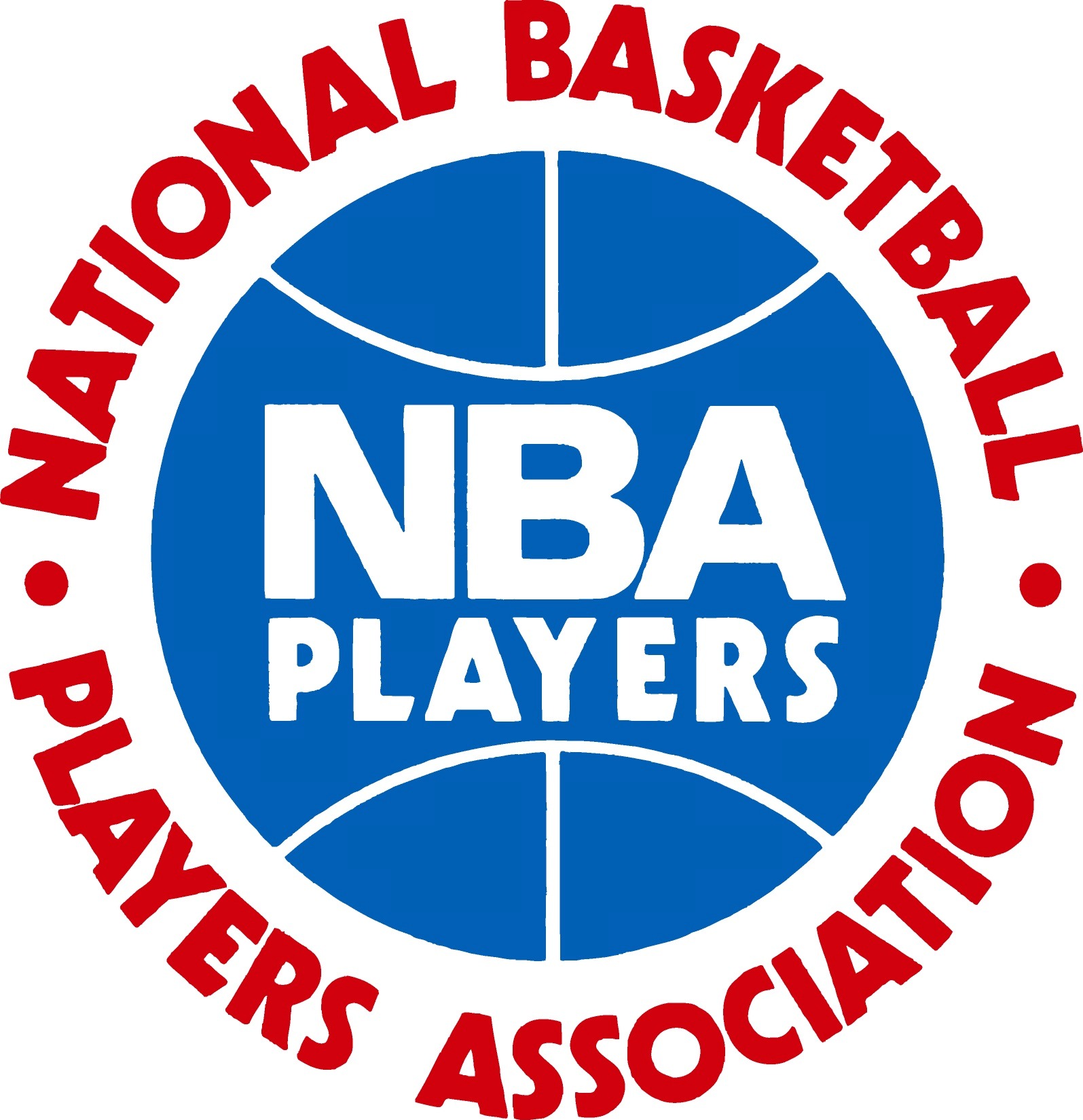In 2008, National Basketball Players Association (NBPA) Executive Director Billy Hunter drafted an "inflexible memo" to announce the NBPA's plan to enforce its rule with regard to the prohibition against agents representing both NBA players and NBA coaches. While the rule effectively prevented individuals from representing the two classes of people, it failed to thoroughly address the conflict of interests that remain today.
First, the rule does nothing to restrict agencies from concurrently representing NBA players and NBA coaches. For instance, Creative Artists Agency (CAA) is the employer of popular NBPA agents Leon Rose and Henry Thomas. While neither Rose or Thomas may represent NBA coaches, CAA's William Wesley (also known as Worldwide Wes) does represent coaches, including Tom Thibodeau, head coach of the Chicago Bulls. If the concern is that there is a conflict of interest when an agent represents NBA coaches and NBA players, does that same concern not exist if instead of an agent representing both classes, that agent's company considers both classes as clients?
Further, while it may be a conflict if an agent negotiates a contract between a player and coach that he represents, an even more glaring problem appears to exist. That problem is when an agent represents NBA players and college basketball coaches. The NBPA currently has no rule preventing such relationships, which effectively allows college coaches to covertly refer/induce/suggest players to sign with their agents.
Four years after Hunter warned agents that the NBPA will no longer overlook conflicts of interests, Hunter should take an even more bold stance and restrict agencies, not just agents, from representing NBA players and NBA coaches. Additionally, Hunter and the NBPA should look into a rule that would effectively prevent agents and agencies from representing NBA players and college coaches.


3 replies on “NBPA Could Do Better Job To Limit Conflicts Of Interest”
I’m guessing from the tone of this article that you believe a “cone of silence” approach would be insufficient when it comes to conflicts of interests between different agents in a single company representing both coaches and players. I know at least several jurisdictions still take that approach when analyzing conflicts of interests between different lawyers in a single firm. Thoughts?
How would a cone of silence correct a conflict of interest? Instead, it would permit a loophole to continue to exist, violating the activity that NBPA at least appeared to have wished to erase.
I don’t know if a “cone of silence” is a corrective measure. I’d view it more as a preventative one. Anyways, aren’t the mega agencies like CAA big enough to where two agents basically work independent of one another? Let me know if this assumption is incorrect. If it’s true, then I think there is an argument that while the same agency may benefit from both classes of contracts, if there is no overlap between agents, each individual agent will be free from the prohibited activities.